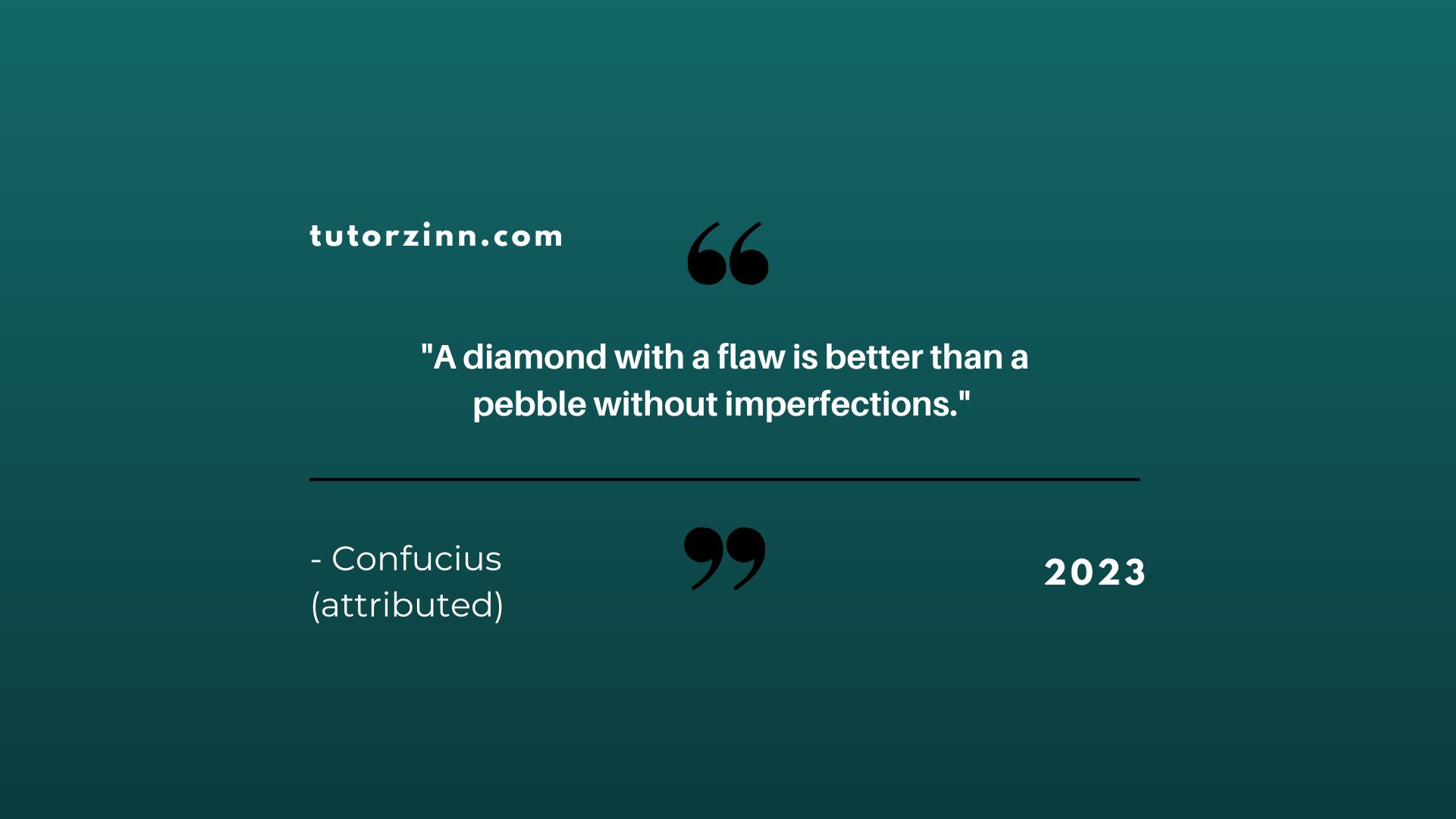“Classic – a book which people praise and don’t read”
–Mark Twain, American Writer
The quote “Classic – a book which people praise and don’t read” is attributed to Mark Twain, an American writer who is widely regarded as one of the greatest humorists and satirists in the English language. This quote is a witty observation about the paradox of classic literature – that is, how people often hold certain books in high regard without actually taking the time to read them.
On one hand, it’s easy to understand why certain books are considered classics. They often represent the best of what literature has to offer – they can be beautifully written, thought-provoking, and offer insights into the human experience that are timeless. Many of them have stood the test of time and have been read and studied by countless generations of readers.
However, on the other hand, the very qualities that make classic literature so appealing can also make it intimidating. They can be dense, difficult to understand, and require a significant investment of time and energy. It’s often easier to simply read about them, rather than to read them themselves.
This is especially true in the digital age, where there is no shortage of articles, videos, and summaries available that provide quick and easy overviews of classic books. Many people may feel that they can get the gist of a classic book without actually having to read it themselves. In fact, there is a growing trend of people claiming to have read classic books, when in reality they have only skimmed the surface or read summaries.
This is not to say that there is no value in reading about classic books. For many people, reading a summary or analysis can provide a helpful overview and context that enhances their understanding of the book. Additionally, there are many valid reasons why someone might choose not to read a particular classic book – perhaps they simply don’t enjoy that particular genre or style of writing.
However, it’s important to remember that the real value of classic literature lies in the experience of actually reading the book itself. Reading classic literature can be challenging, but it can also be immensely rewarding. The act of reading a classic book forces us to slow down, to engage with the text, and to consider the ideas presented in a deeper way. It can help us to develop our critical thinking skills and to expand our understanding of the world.
In conclusion, while it may be true that some people praise classic literature without actually reading it, it’s important to remember that the real value of these books lies in the experience of reading them for ourselves. By taking the time to engage with classic literature, we can gain a deeper understanding of the world and ourselves, and perhaps even come to appreciate why these books have earned their reputation as classics.




